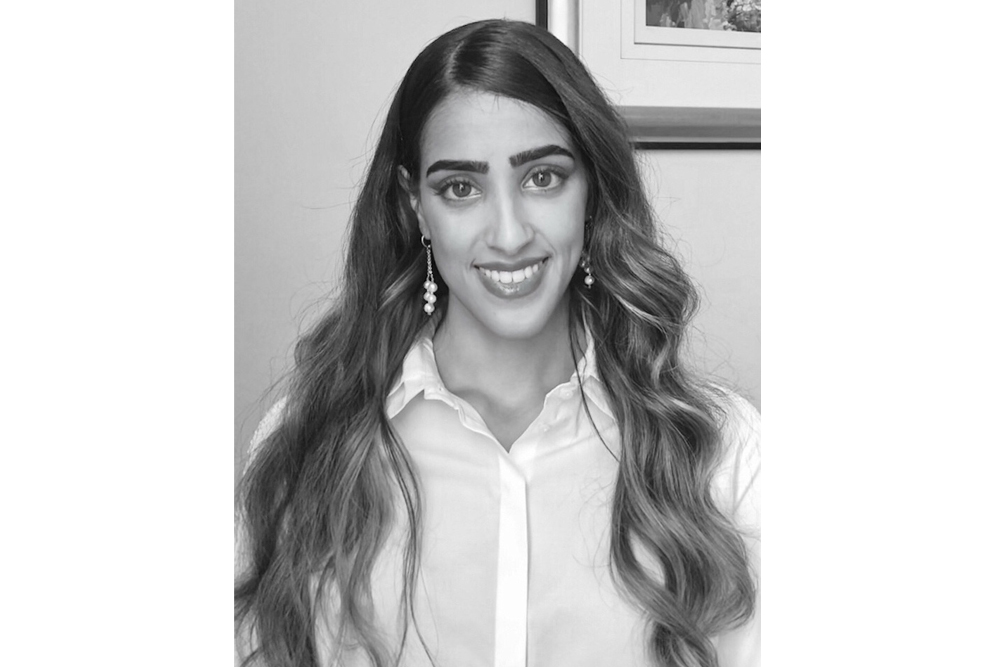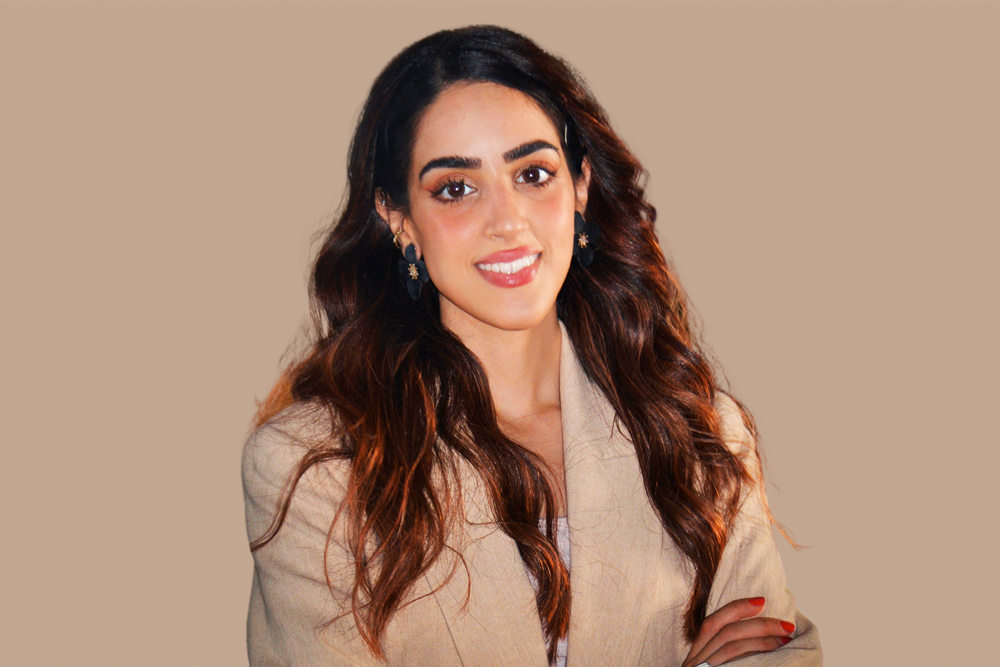
When cancer is suspected, the experience for many patients can feel not only daunting but also scary when presented with the invasive methods that are used to determine an accurate diagnosis. However, thanks to Dr. Dana Al-Sulaiman, there is now a new technology that could detect cancer without being invasive.
This week, Dr. Sulaiman was awarded the “Innovators Under 35” title for her latest invention, a chip designed to be placed on the skin and detect cancer tissues in the human body. The annual award puts a spotlight on innovating technology by 500 nominees, both male and female under the age of 35, and rewards those that make the biggest impact on the world.

Dr. Al-Sulaiman’s breakthrough discovery was inspired by sheer curiosity. In fact, she was fascinated by the functionality of barcodes displayed on product packaging and labels. Using a similar approach, the chip was designed with a row of dots that can indicate if cancer is detected.
"It is a small chip made of micro needles covered with a substance that is placed on the skin, and it is able to absorb liquid, and detect cancer biomarkers in an easy and non-invasive way," Dr. Al-Sulaiman spoke about her invention on Al Ekhbariya channel.

Prior to Dr. Al-Sulaiman’s invention, cancer diagnosis would usually be carried out through collecting blood samples or biopsy, many of which may occur during late stage or return with inconclusive results. With the cancer-detecting chip, however, it is much easier to detect cancer a lot sooner, and without the hassle. In addition, the tech is said to be affordable, which would allow it to be accessible to developing nations.
Dr. Al-Sulaiman is also an assistant professor at the Material Science and Engineering department, at King Abdullah University of Science and Technology (KAUST). In fact, her research background touches on developing next-gen biotech, which can detect molecular structures, and emerging diseases such as cancer and Alzheimer's disease. She currently holds a Postdoctoral Associate at Massachusetts Institute of Technology (MIT), USA.

















